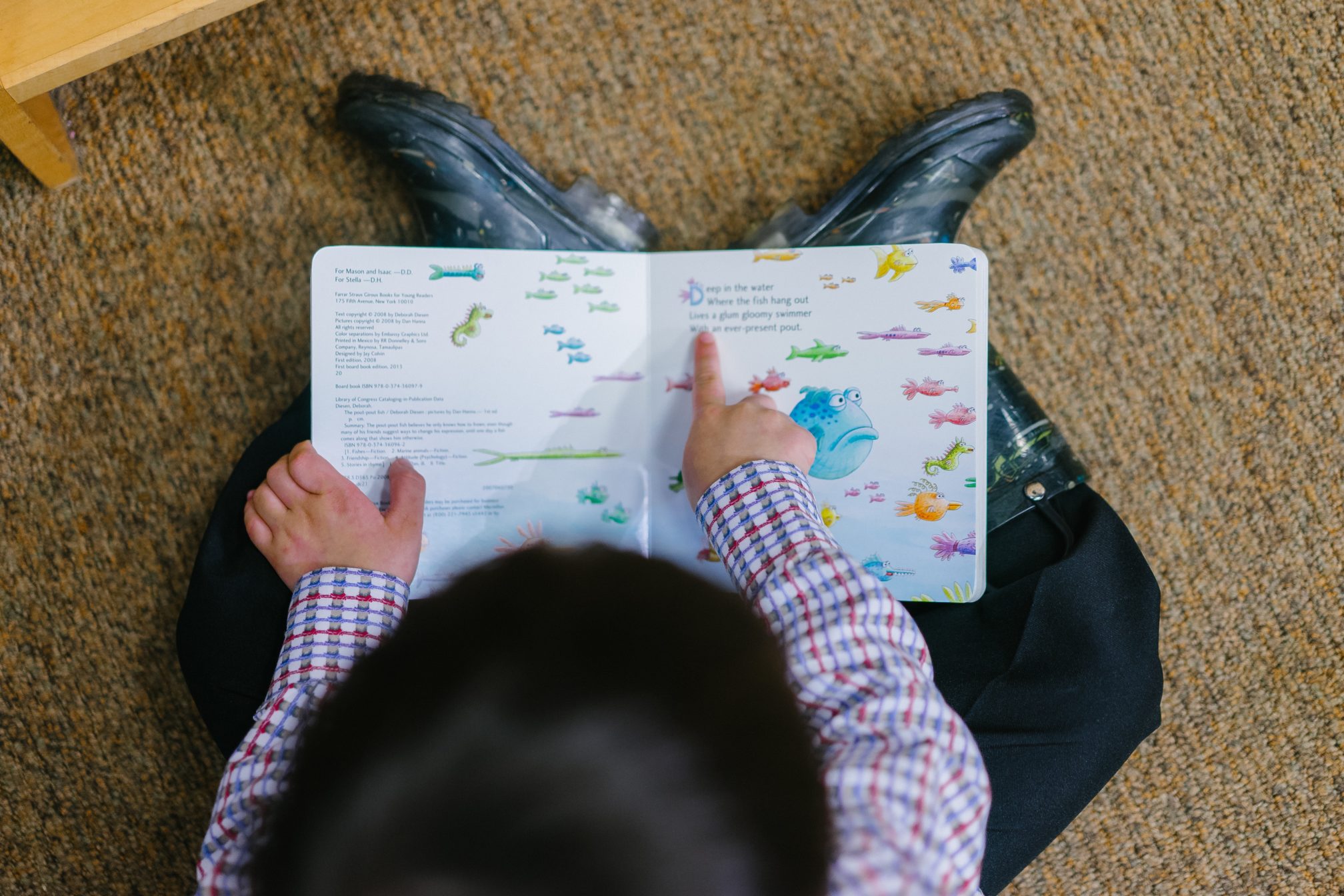Unhappy with DOE, city rep proposes moving special ed to Health Department

Following thousands of complaints and even a lawsuit, one City Council member wants to take special education out of the hands of the city’s Department of Education and hand it over to the Department of Health and Mental Hygiene, instead.
In a City Council resolution introduced July 23, Bronx Councilmember Andy King called on city, state and federal officials to authorize the transfer of regulation, alleging that the program — in which nearly 20 percent of the city’s public school students partake — has suffered at the hands of the DOE for far too long.
The resolution cites nearly 7,500 special ed-related, due-process complaints against the DOE as of this February, as well as a 2016 lawsuit that asserted a lack of sufficient tracking through the city’s Special Education Student Information System.

Brooklyn Boro
View MoreNew York City’s most populous borough, Brooklyn, is home to nearly 2.6 million residents. If Brooklyn were an independent city it would be the fourth largest city in the United States. While Brooklyn has become the epitome of ‘cool and hip’ in recent years, for those that were born here, raised families here and improved communities over the years, Brooklyn has never been ‘uncool’.